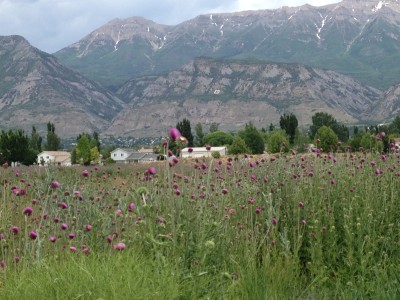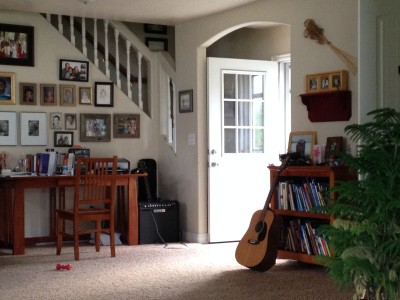I met David Korten in the mid 1990s. I was in my earlier years with The Berkana Institute and Margaret Wheatley. I remember the trip to his home on Bainbridge Island, WA, a ferry ride from Seattle. I remember meeting his spouse Fran, her kindness. I remember coming to know some of David’s work.
This morning I reread an opening passage from David’s book, The Post Corporate World: Life After Capitalism.
“In the 1980s capitalism triumphed over communism. In the 1990s it triumphed over democracy and the market economy. For those of us who grew up believing that capitalism is the foundation of democracy and market freedom, it has been a rude awakening to realize that under capitalism, democracy is for sale to the highest bidder and the market is centrally planned by global megacorporations larger than most states.”
I appreciate David’s beckoning to look at nuance. It’s never been as simple as capitalism good, everything else bad.
I see that David’s book, When Corporations Rule the World is now in it’s 20th anniversary edition. There is rich material and story in David’s work, which I find myself returning to and using more.


 Though this photo may be quite plain and nondescript for many, there is something that I really like about it.
Though this photo may be quite plain and nondescript for many, there is something that I really like about it.